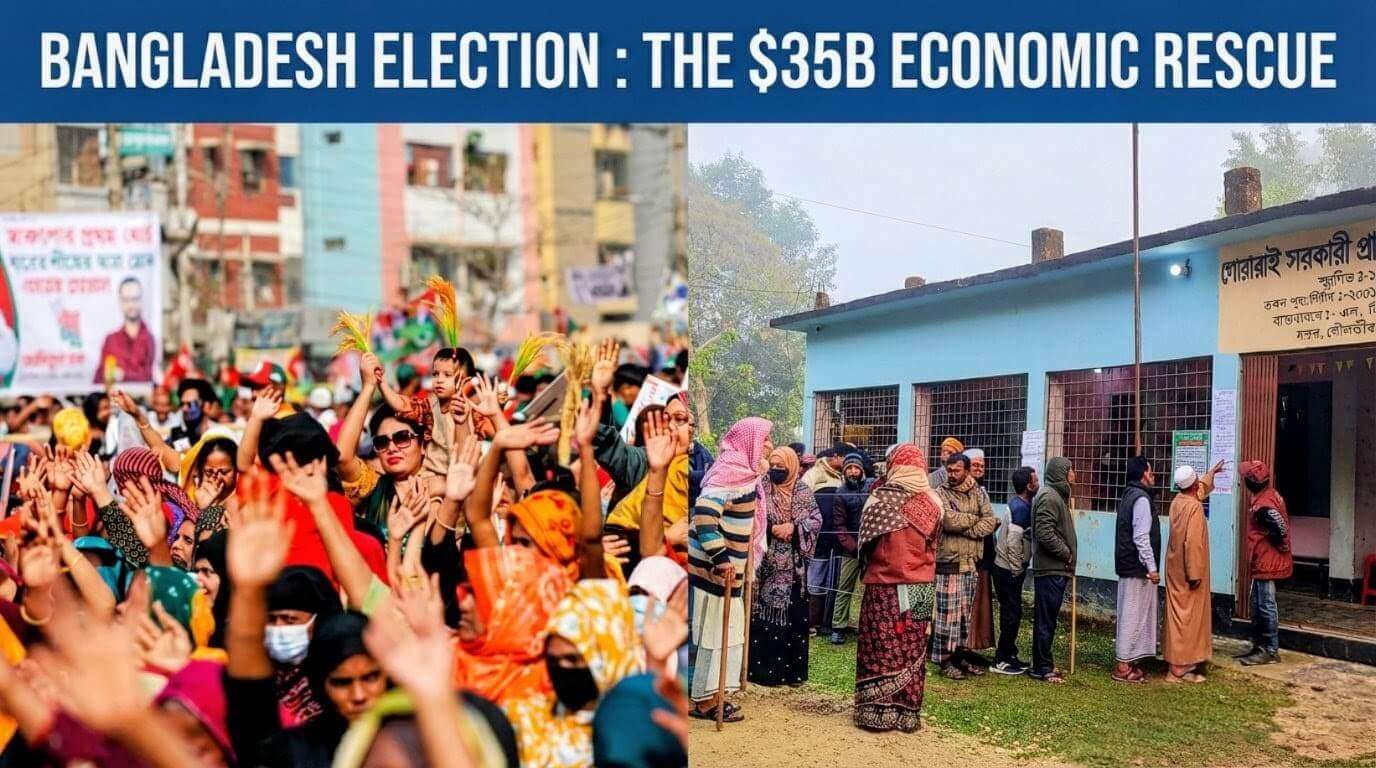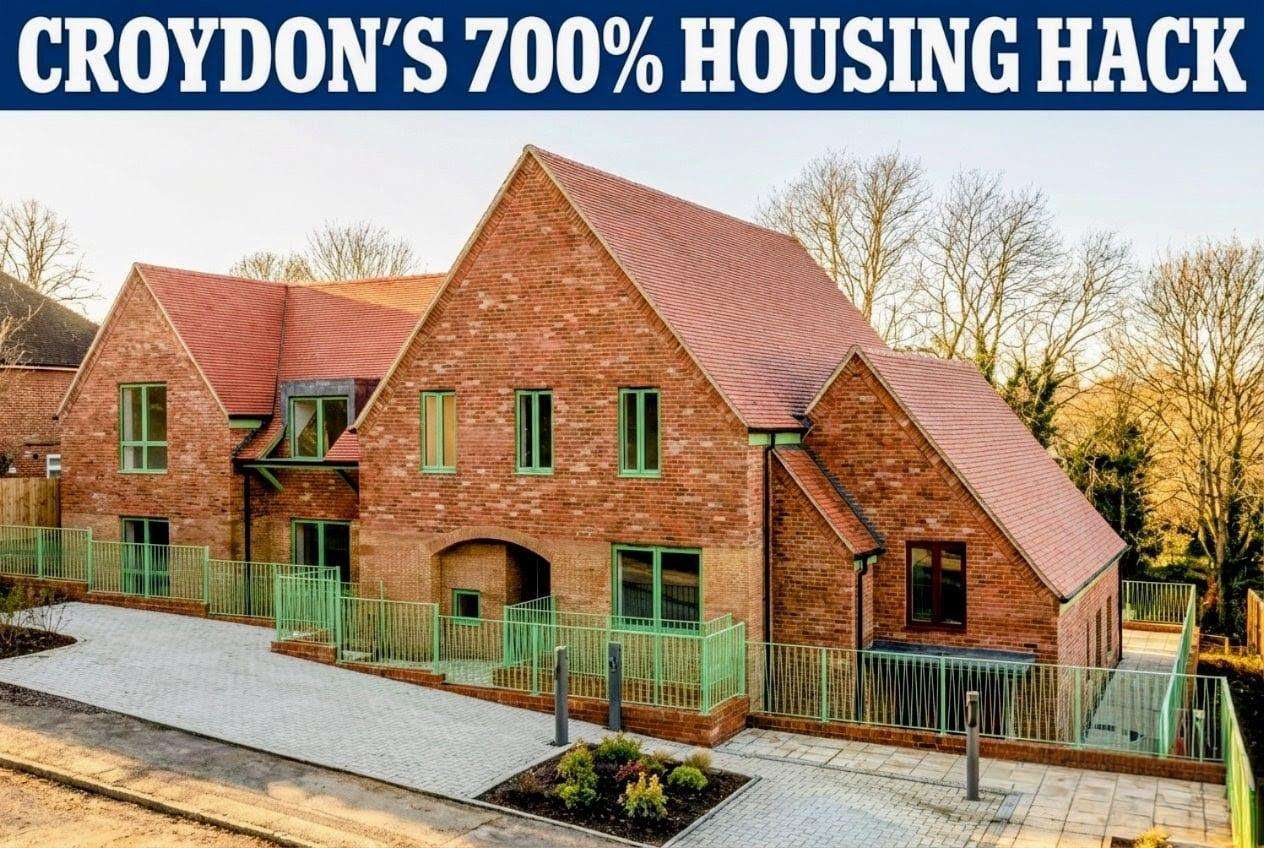While one Greater Manchester town is celebrating its meteoric rise as Britain's "most gentrified," a shadow of concern hangs over the very progress lauded. Charlestown, near Salford, has undeniably transformed over the last decade, topping national rankings for improvements in education, income, amenities, and a staggering near-tripling of house prices – soaring from £73,000 to £212,000. The arrival of MediaCityUK has injected jobs and infrastructure, breathing new life into the area.
However, this dramatic glow-up comes at a cost. Voices from within the community are growing louder, lamenting the unintended consequence of being priced out of the very neighborhoods they helped build. While newcomers flock to the revitalized streets, long-term residents face an increasingly unaffordable housing market. Earnings have risen by nearly 50%, and educational attainment has improved, yet this progress doesn't necessarily benefit those who were present before the wave of investment.
Paul Swinney from the Centre for Cities acknowledges the opportunities brownfield development in Salford has created. Yet, the stark reality is that the very factors driving Charlestown's success are simultaneously creating a social divide. This pattern isn't isolated. Greater Manchester is home to eight of the top ten areas in England and Wales with the most significant property price increases.
Little Hulton South, another Salford locale, has witnessed a similar surge, with house prices nearly tripling (193%) from £92,000 to £270,000. Estate agent Andrew Cardwell points to infrastructure investment, popular schools, and new developments as drivers of this growth. He notes the area's previously affordable housing stock, which, while now appreciating, creates a barrier for those with deep roots in the community.
The story of Charlestown and Little Hulton South highlights a crucial question: can urban regeneration truly be considered a success if it displaces the very people who have called these places home for generations? The rapid transformation in Salford serves as a potent reminder that progress must be inclusive to ensure that the benefits of gentrification are shared, not just enjoyed by the new arrivals. The challenge now is to find solutions that allow these revitalized areas to thrive without sacrificing their original communities. Even in areas like Belle Vue and West Gorton in Manchester, where property values have also climbed steeply, the delicate balance between progress and preservation remains a critical point of discussion.








.svg)
